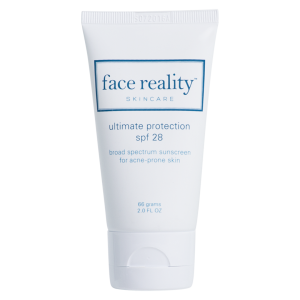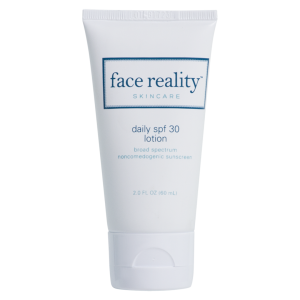Foundations of Skin Care

Healthy You, Healthy Skin
It is so crucial to emphasize the value of overall wellness, as your skin can never be 100% healthy if you are not taking care of yourself well.
Above all, the appearance of your skin is an overall reflection of your health. As annoying as it is to hear, staying healthy will always help your skin glow.
- drink enough water
- eat a balanced diet
- daily movement (even just walking)
- manage stress
The Basics
All people and all skin types benefit from 4 steps: cleanse, tone, moisturize, and protect from UV (sun) exposure.
1. Cleanse
Cleansing is the foundation of a good skin care routine. Cleansing removes dirt, oils, makeup, and pollutants from the skin. Cleanse with fingers only (washcloths or skin brushes) if you are acne-prone to prevent irritation from friction and spreading bacteria.
Cleansers should always be gentle and calming. It is best to avoid cleansers that have active or drying ingredients while you’re starting with skincare. If you’re acne-prone, please steer clear of cleansers with pore clogging ingredients!
2. Tone
You’ve wondered for a long time, is a toner really necessary? The short answer is yes. Cleansing gets your skin about 80% clean. Toning does the last 20%, removing all last traces of cellular residue, makeup, and oils that your cleanser might have left behind.
Bonus: toning pH balances your skin, which enables your skin to protect and heal itself more efficiently.
Toning is the second-step to perfectly cleansed skin, so follow the same guidelines as for a cleanser. Keep your toner gentle and calming, avoiding active or drying ingredients, and avoiding pore clogging ingredients.
3. Moisturize
No matter what skin type you have, you need to moisturize. Yes, that means even if you have oily skin! Moisturizing restores lipids and oils to the skin’s surface, which helps to protect the skin from external factors that may be damaging.
When skin is properly moisturized, it can more effectively heal itself from breakouts, wounds, and cellular damage, and it can prevent future damage from occurring.
4. Protect from UV (sun) Exposure
Most dermatologists recommend an SPF of at least 28 be part of every skin care routine. Exposure to UV radiation (like sunlight) increases inflammation in the skin, increases sebum production, and causes pink or dark spots to get darker and larger. It can also lead to skin cancer.
Prevent further cell damage and allow your skin to recover: Wear your sunscreen!
Finding the perfect SPF for your skin can be tricky – texture, fragrance, white cast, flash back are some factors that can contribute to whether or not you apply your sunscreen. My advice: do not give up on trying to find an SPF that is just right for you! Get samples, shop around, and find the perfect sunscreen that you will happily apply every day!
As a final reminder to my acne-prone friends, make sure sunscreen is free of pore-clogging ingredients before you even try a sample!
Want more?
Schedule your clear-skin consultation today!
Through a consultation we will determine the products that your skin needs to achieve your skin goals. For many this is at least one exfoliating serum, and an antibacterial serum that fights the C. acnes bacteria in inflamed breakouts.



[…] steps I mentioned in my last blog, Foundations of Skin Care, are only effective if they are used routinely. When used inconsistently or skipped altogether, […]